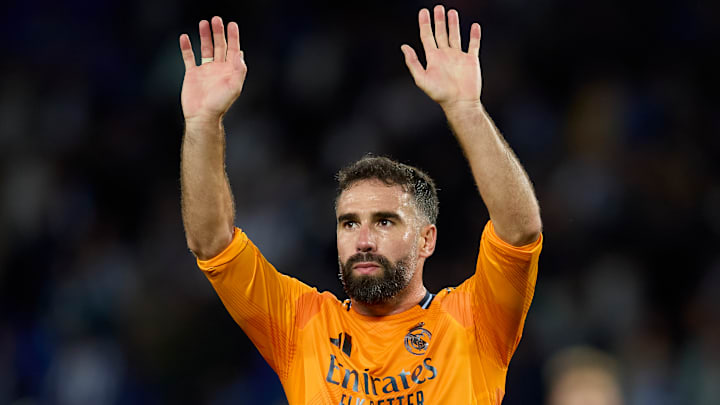As the season of 2024/25 heated up, what really set the soccer world on fire wasn't what happened on the pitch, but rather an overloaded calendar. With top stars facing as many as 79 games in one season, frustration is rising among the game's biggest stars. Rodri and Alisson are speaking up; De Bruyne, too. What was once a low grumble finally broke through to a unified, full-throated cry for help: "We're exhausted.".
Follow Playing for 90 on X (Twitter).
It is actually not just alarming; it is an extracrapload: the ongoing proliferation of soccer tournaments, new and old formats, created in much the same way as the new Champions League structure and the expanded Club World Cup to 32 teams. Yet, the really open question begging for an answer is, how will the players be able to go with such a torrid pace? For many, the answer is pretty simple-they just can't. We find ourselves at the crisis point, and how the situation can be mended will hardly be easy.
Cause a player mutiny?
When one of the key players for Manchester City speaks up about the workload, like Rodri, a red flag should be raised. It's not just any player that's whining; it's one of the best midfielders in the entire world. If he's feeling the strain, imagine those players who do not have such profiles.
The issue here isn't just the number of absolute number of matches but the wear and tear on the bodies and minds of players. Most are calling for fewer matches, more breaks in order to recover, and less grueling travel. Rodri even invoked the specter of a strike-a potential action whose implications would be unimaginable in modern soccer. Elite player strikes could shut down entire leagues, blow up television deals, and imperil sponsorships.
It's not only physical exhaustion. Rodri, Alisson, and Koundé point to something less discussed: mental exhaustion. Traveling non-stop, competing ceaselessly, the pressure always mounted-the vortex of stress sooner or later begins to take hold. And it's taking hold through injury and career abbreviation.
Another player who has spoken about the lack of dialogue with soccer federations is De Bruyne. And as most do, he firmly believes that decisions all have one end in mind: to earn more money. More matches, more money, more advertisements. The players, the soul of the game, don't have a say in anything.

Ancelotti: The voice of reason
On the coaching side, frustration was expressed by one of the most respected figures in the game, Carlo Ancelotti. He has pointed out that with so many games, the quality of soccer starts to decline. And who do suffer as a result? Everyone: the players, who are worn out; the clubs, who lose their stars to injury; and of course, the fans, who pay big money to watch matches that often lack quality.
Ancelotti touched on a salient point: how much does it really cost to jam the schedule when the quality of the game falls flat? When the best players in the world are either out of shape or injured, then the flash is taken off the game. According to Ancelotti, what soccer has been needing is fewer games and better quality-the very things now apparently out of reach in today's landscape.
The numbers don't Lie
And then, of course, FIFPro - the players' union - has also released a shocking study about player fatigue. More than 50% of the players came forward and said that they face "high or excessive workload", and we're talking here about elite players who are already used to an extreme amount of pressure. Keep on adding more and more competitions and fail to grant any adequate rest periods, and things become unworkable.
The study discovered that one-third of players responding played more than 55 games in just one year. And it is not simply the games themselves but rather the endless international travel to get to tournaments and matches coupled with national team commitments are also exacting an additional heavy toll on these athletes.
Soccer's future
Unless something changes quickly, soccer could be heading toward a breaking point. An idea that can no longer be dismissed as fanciful is a player strike. If the federations don't begin to listen to the players, we could reach a moment where they will have no choice but to take drastic action.
And the implications of a strike will go deep: leagues stand to lose viewership, multi-billion-dollar television contracts would be in jeopardy, and the financial effects will be felt at all levels. But beyond the money, we'd be looking at a mental and physical toll on players that would be impossible to ignore-cutting careers short and taking the magic out of the game.
Are there solutions?
According to experts, the ideal number of matches-which would keep players at the peak while continuously entertaining-would be 55 per season. It would balance spectacle with health. The moot question, however, is: Will federations, clubs, and sponsors be willing to take a cut in profits for the players' sake?
It's a Catch-22. The thirst for more and more tournaments, new leagues, and expanded formats that brings in the money comes at a massive cost. Soccer can get past this potential crisis only with a combined effort-one that makes sure player welfare is front and center.
